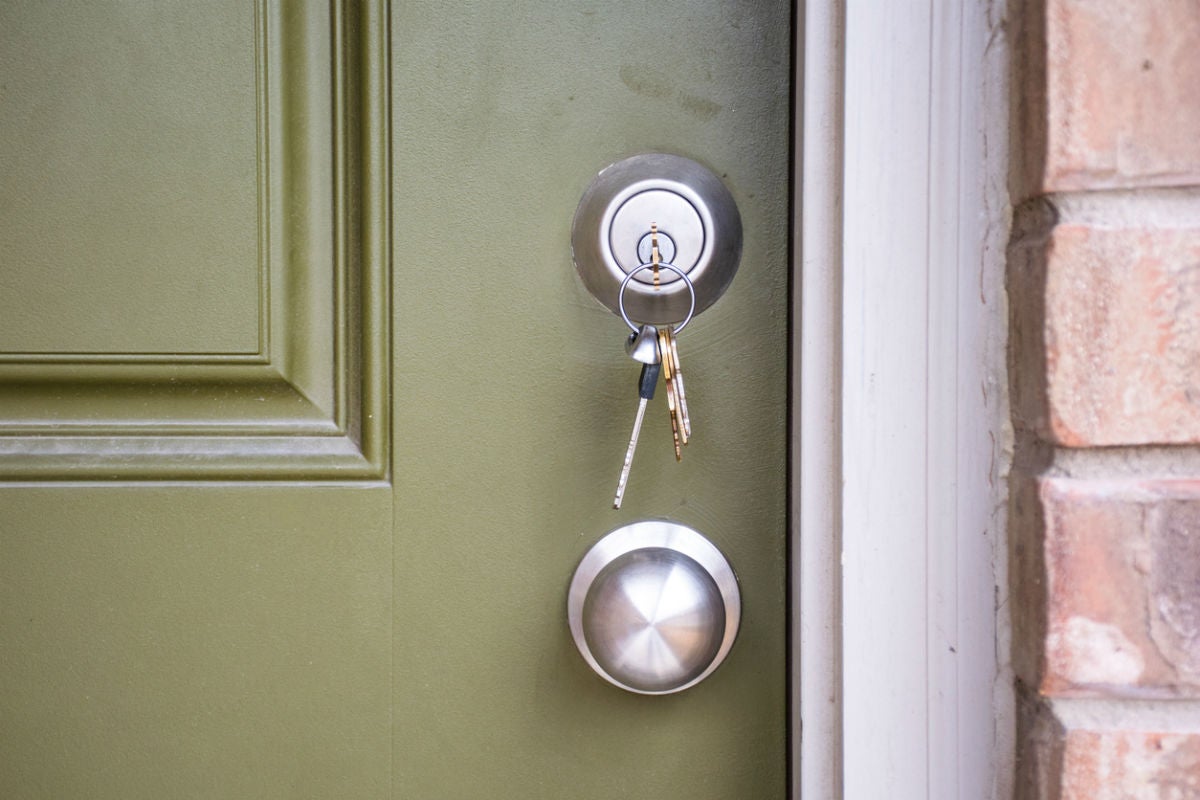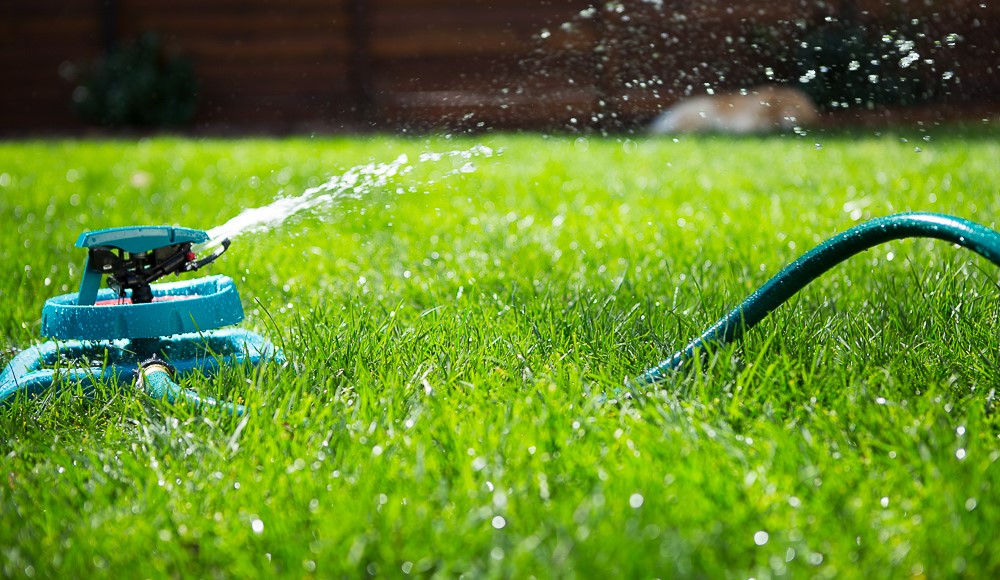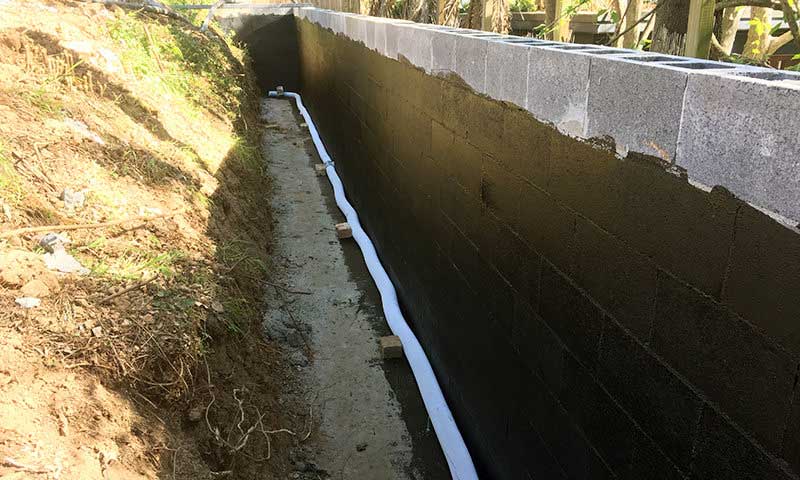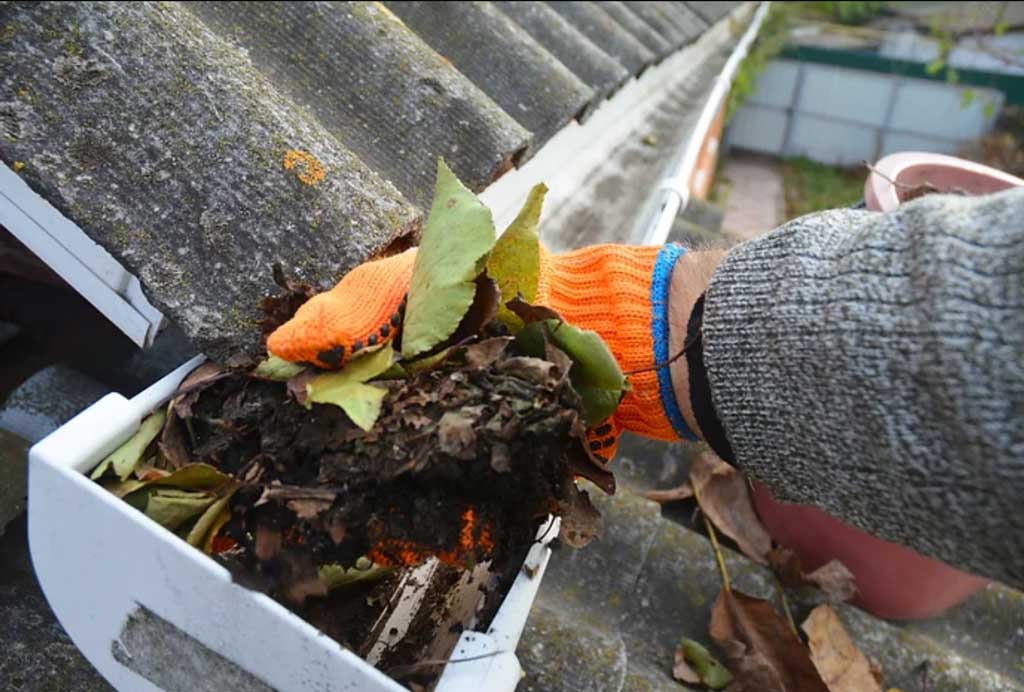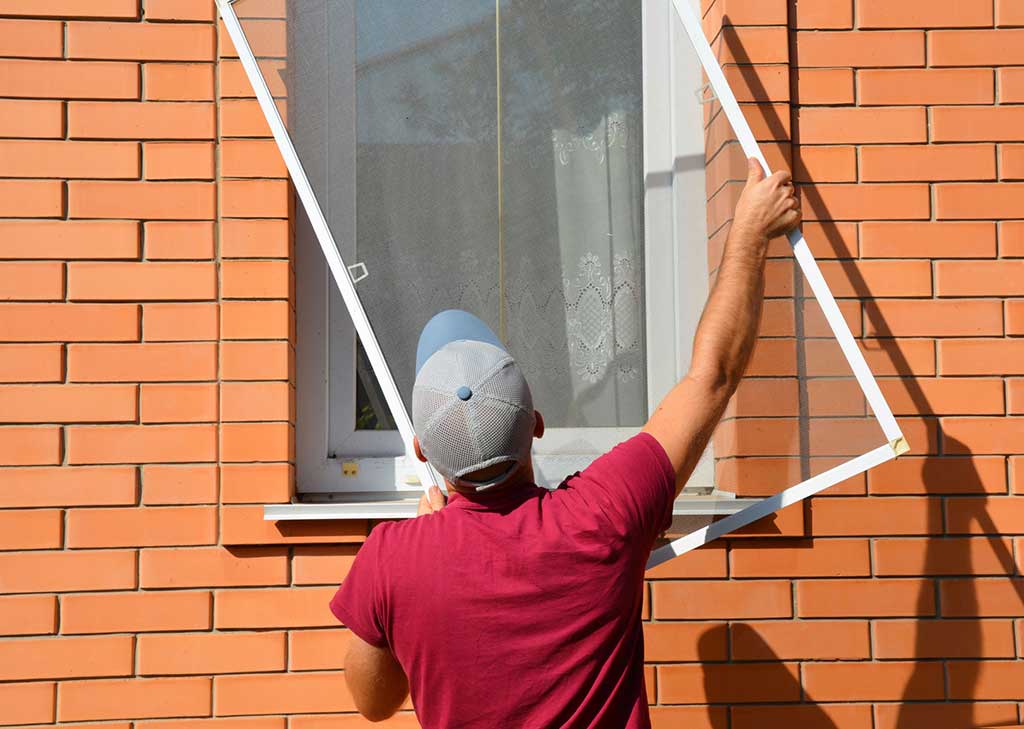Locks play a crucial role in maintaining security and privacy, so understanding who is responsible for changing locks in Melbourne is essential for both tenants and landlords. In this article, we will delve into the intricacies of lock change responsibilities to provide clarity on this important issue.
The Legal Framework
In Melbourne, like many other places, the rules surrounding lock changes are governed by tenancy laws and regulations. The Residential Tenancies Act outlines the rights and obligations of both tenants and landlords in the state of Victoria. However, the responsibility for changing locks isn't explicitly outlined in the Act, leading to a certain degree of ambiguity.
Landlord's Responsibilities
In general, landlords are expected to ensure that the rental property is safe, secure, and in good condition. This includes providing functional locks on all external doors and windows. Landlords should supply tenants with keys to these locks upon move-in and should maintain them throughout the tenancy. If a lock becomes faulty due to normal wear and tear, it is the landlord's responsibility to repair or replace it promptly.
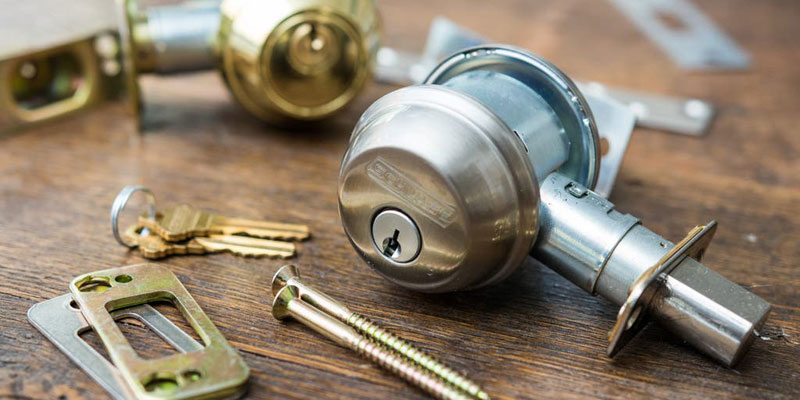
Tenant's Rights
Tenants have the right to feel secure and safe in their rental property. If a tenant experiences a security concern due to a malfunctioning lock, attempted break-in, or loss of keys, they should promptly notify the landlord or property manager. In situations where the lock has been compromised or the tenant feels unsafe, they may request a lock change for added security.
Mutual Agreement
In cases where both parties agree to a lock change, the costs and arrangements should be discussed and documented. For example, a tenant might want to change the locks due to concerns about previous occupants having access or to ensure their own privacy. While tenants can request lock changes, they usually need to seek approval from the landlord, who might request a copy of the new keys for their records.
In cases where the landlord utilizes a property management company, the responsibility for lawn care might be more standardized. Property management companies often have clear guidelines in place regarding property maintenance, including lawn care. This can alleviate confusion and ensure that all parties are on the same page.
Benefits for Landlords
Changing locks by landlords when renting a property can offer several benefits, primarily centered around security, liability, and tenant turnover. Here are some of the key advantages:
Enhanced Security
Changing locks between tenants reduces the risk of unauthorized access by previous tenants or others who might have obtained copies of the keys. This helps ensure the safety and privacy of the new occupants.
Tenant Safety
New locks provide peace of mind to tenants, assuring them that no one else has access to the property. This can lead to improved tenant satisfaction and a more positive rental experience.
Liability Reduction
By changing locks, landlords minimize the risk of potential legal issues arising from unauthorized entry or security breaches. This can protect landlords from liability if something were to happen on the property due to unauthorized access.
Prevent Unauthorized Entry
Even if tenants return their keys, there's always a possibility that they've made additional copies or given keys to others without the landlord's knowledge. Changing locks mitigates this risk.
Customisation
Landlords can choose high-quality locks that match their property's security needs. This might include features such as electronic keypads, smart locks, or high-security locks, which can enhance the overall security of the property.
Control over Access
Changing locks allows landlords to maintain control over who has access to the property. Landlords can provide new keys only to authorized individuals, such as maintenance staff or property managers.
Maintenance and Repairs
When changing locks, landlords have the opportunity to inspect and address any issues with the existing locks or doors, ensuring that everything is in good working order.
Preventing Disputes
Changing locks at the start of a new tenancy helps prevent disputes between old and new tenants about access, as well as disputes related to security breaches.
Tenant Turnover
Changing locks can be an integral part of the turnover process. It signifies a fresh start for the new tenant and sets the tone for a new rental period.
Unauthorized Lock Changes
It's important to note that tenants are generally not allowed to change the locks without the landlord's consent. Unauthorized lock changes could be considered a breach of the lease agreement and might lead to legal consequences. If tenants have valid reasons for wanting to change the locks, they should communicate openly with their landlord or property manager to find a mutually agreeable solution.
A Gray Area of Tenancy Law
The responsibility for changing locks in Melbourne rental properties lies in a somewhat gray area of tenancy laws. While landlords are generally expected to provide secure locks and maintain their functionality, tenants can request lock changes under certain circumstances. Clear communication between tenants and landlords is key to resolving any security concerns and ensuring the safety and well-being of everyone involved. If you're a tenant considering a lock change, it's best to consult your lease agreement, seek your landlord's approval, and ensure that all changes are documented appropriately.
